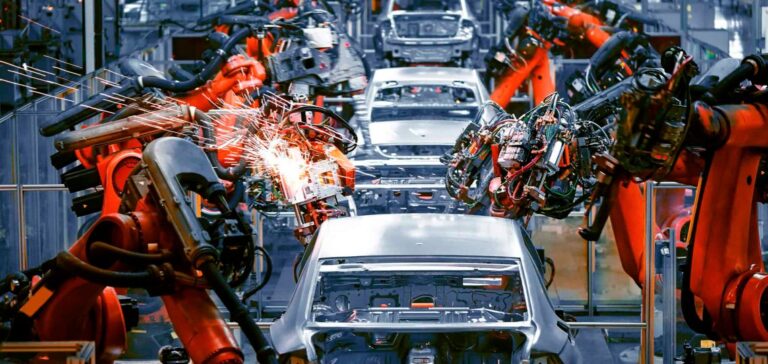The European Union recently initiated a consultation with major European car manufacturers such as Volkswagen, BMW, Mercedes, Volvo, and Renault to address the significant challenges faced by the industry. These challenges are largely due to the electrification of vehicles and the growing competition from China, which saw a significant increase in electric vehicle sales in 2024.
Emergency Measures and Consultation with Sector Players
European Commission President Ursula von der Leyen opened the consultation, announcing an action plan for March 2025. This plan is expected to include measures to ensure the competitiveness of European car manufacturers against the massive subsidies granted by the Chinese government to its automotive industry. Furthermore, the EU is considering adjusting CO2 emissions reduction targets to avoid penalties for European manufacturers, a decision welcomed by several member states such as Germany, France, and Italy.
The Challenges of the Energy Transition
The European automotive sector, which employs approximately 13 million people and represents 7% of the EU’s GDP, is undergoing a challenging transition. The rise of electric vehicles, the decline in sales of high-end models such as the one produced by Audi’s Brussels factory, and the economic pressures linked to high production costs make this transition complex. In response, measures to ease production costs and accelerate investments in battery manufacturing will be explored.
Chinese Competition and Trade Tensions
The rise of China, which sold 11 million electric vehicles in 2024, has heightened trade tensions with the EU. In response, the EU imposed a surtax on Chinese-made electric cars, in addition to the 10% tariff already in place. However, analysts point out that Europe is lagging in terms of innovation, particularly in battery production. According to the Jacques Delors Institute, China is expected to control two-thirds of global battery production by 2030, an imbalance that the EU must address swiftly to maintain its competitiveness.






















